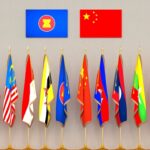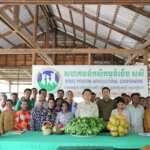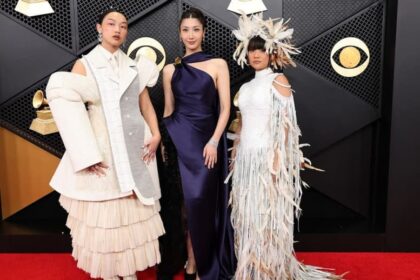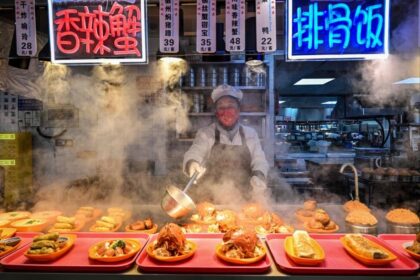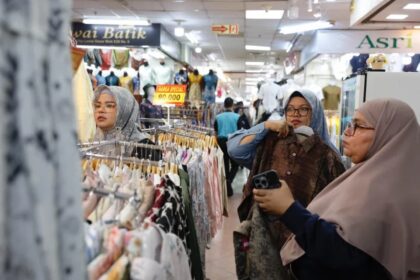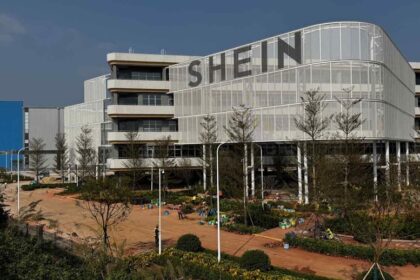Lee Jae-myung’s Unprecedented Rise to Power
South Korea has entered a new political era with the election of Lee Jae-myung as its 21st president. Lee’s victory is not just a routine change in leadership; it is a dramatic story of personal resilience, political upheaval, and the promise of pragmatic reform. His journey from a childhood marked by poverty and disability to the highest office in one of Asia’s most advanced democracies has captured the attention of both the nation and the world.
Born in 1963 in the rural city of Andong, Lee was the fifth of seven children in a family struggling to survive. Economic hardship forced him to work in factories from a young age, where a workplace accident left his left arm permanently disabled. Despite missing years of formal education, Lee earned his high school equivalency, won a scholarship to Chung-Ang University, and passed the bar exam in 1986. He became a human rights lawyer, advocating for the marginalized and fighting corruption in local government.
Lee’s political career began in earnest in 2010 when he was elected mayor of Seongnam, a city known for its civic activism. He later served as governor of Gyeonggi Province, South Korea’s most populous region, where he gained national recognition for his welfare policies and his response to the COVID-19 pandemic. His rise was not without setbacks: Lee lost the 2022 presidential race by less than one percentage point and survived an assassination attempt in 2024. Yet, he persisted, eventually leading the Democratic Party to a decisive victory in the 2025 snap election triggered by a constitutional crisis.
Political Upheaval and a Mandate for Change
Lee’s election comes after a period of intense political turmoil. Former President Yoon Suk-yeol’s attempt to impose martial law in December 2024 led to his impeachment and removal from office, plunging South Korea into a constitutional crisis. Lee played a prominent role in the resistance, famously livestreaming himself climbing the National Assembly fence to help overturn martial law. The public’s response was clear: with a record voter turnout of nearly 80%, Lee’s victory was seen as a rebuke of authoritarianism and a call for democratic restoration.
Despite his outsider status and a series of legal challenges—including ongoing trials for alleged corruption and election law violations—Lee’s message of hope and reform resonated with voters. His campaign focused on economic revival, social integration, and pragmatic governance. In his inauguration speech, Lee pledged to replace “hatred and confrontation with coexistence, reconciliation, and solidarity,” promising to build a society where all citizens can thrive.
Policy Vision: Welfare, Economy, and Pragmatism
Lee’s political philosophy is deeply shaped by his personal experiences. He has consistently advocated for policies that support the most vulnerable, such as universal basic income, free school uniforms, and expanded public healthcare. As mayor and governor, he implemented innovative welfare programs, often facing resistance from the political establishment. His approach is not about class warfare, but about creating opportunities for all, emphasizing that “poverty is not a sin” and that society must offer a “thick safety mat” for those in need.
On the economic front, Lee has proposed major investments in artificial intelligence, a shorter workweek, and tax incentives for families. He is seen as a “progressive pragmatist,” willing to adapt his policies to changing circumstances and public sentiment. His direct communication style and willingness to challenge the status quo have earned him both passionate supporters and fierce critics.
Foreign Policy: Navigating a Geopolitical Tightrope
Lee’s presidency begins at a time of global uncertainty, with South Korea caught between its security alliance with the United States and its deep economic ties to China. Lee has pledged to maintain strong relations with Washington, describing the US-South Korea alliance as the “backbone” of national security. At the same time, he seeks to repair strained relations with China, South Korea’s largest trading partner, and to pursue a balanced, pragmatic approach to regional diplomacy.
His foreign policy is characterized by transactional realism—prioritizing national interests over ideological alignment. Lee has promised to strengthen trilateral cooperation with the US and Japan, while also keeping communication channels open with North Korea and seeking peaceful solutions to regional tensions. Experts note that this balancing act will be challenging, especially as US-China rivalry intensifies and North Korea deepens its ties with Russia.
Challenges and Controversies
Lee’s rise has not been without controversy. He faces ongoing legal battles, including charges related to a land development scandal and alleged false statements during his previous presidential campaign. While South Korean presidents are generally immune from prosecution while in office, the legal uncertainty lingers. Lee’s confrontational style and outsider status have also made him a polarizing figure, with critics accusing him of being abrasive and too willing to challenge established norms.
Broader Implications: A Test for South Korean Democracy
Lee Jae-myung’s presidency is a test of South Korea’s ability to heal deep political divisions and to chart a course through a rapidly changing global landscape. With his party controlling both the executive and legislative branches, Lee has a rare opportunity to implement his agenda. However, the nature of power brings its own risks, and observers caution that the real challenge will be whether Lee can govern with restraint and build consensus in a polarized society.
Internationally, Lee’s pragmatic approach will be closely watched as a model for how middle powers can navigate great-power competition. His success or failure will have implications not only for South Korea’s future, but for the broader region as it faces economic, security, and diplomatic challenges.
In Summary
- Lee Jae-myung, once a child laborer, is now South Korea’s president after a dramatic political journey.
- His election follows a constitutional crisis and is seen as a mandate for democratic restoration and reform.
- Lee’s policies focus on welfare, economic innovation, and pragmatic governance, shaped by his personal hardships.
- He faces significant challenges in balancing US and China relations, managing North Korea, and addressing domestic polarization.
- Ongoing legal issues and his outsider status make his presidency both promising and uncertain, with implications for South Korea’s democracy and regional stability.



